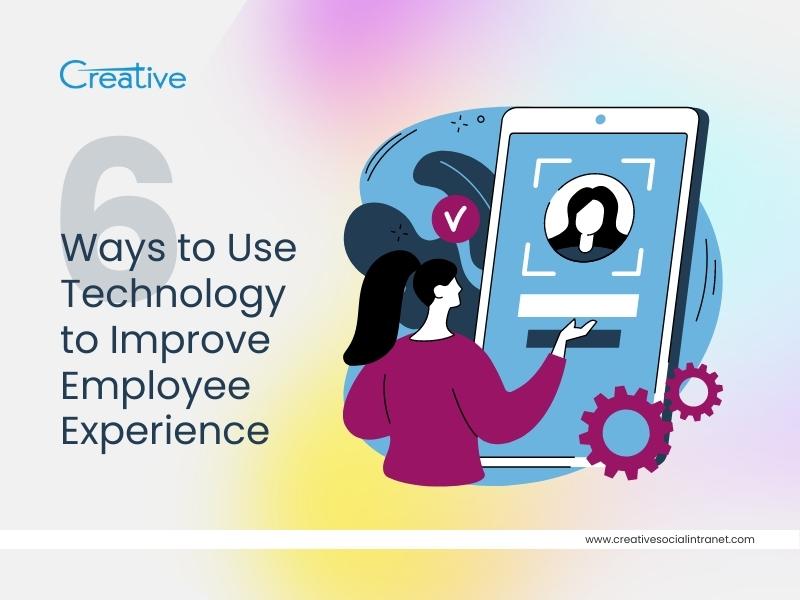India’s Evolving Workforce: 7 Trends for Employee Engagement and Success

The Indian workforce presents a unique set of employee trends compared to other regions. To thrive in this market, companies need to grasp the distinct challenges and opportunities that influence employee engagement and satisfaction.
This version emphasizes the importance of understanding the Indian market’s specificities and dives right into the core message: the top trends. It also removes unnecessary phrases like “akin to” and “unpack.”
India is experiencing a surge in AI adoption, and employees are embracing this technology. They see AI as a tool to improve their work experience (95%, UKG study). However, they also anticipate a significant shift in the job landscape (62% believe AI skills will be crucial). A PwC report reinforces this, with over 60% of Indian employees expecting substantial changes to their skillsets due to AI.
Employers need to recognize this evolving skill set. Interestingly, a global study suggests that “soft skills” will become even more valuable in an AI-powered workplace. Business leaders believe AI thrives alongside human strengths, and soft skills will be key to fostering collaboration and human connection.
This revision condenses the information, uses stronger verbs, and highlights the key takeaways: Indian employees are embracing AI while anticipating job market changes, and soft skills will be crucial for success in the future.
Indian employees are actively upskilling in anticipation of workplace changes. Indeed’s report reveals over half (54%) expect significant skill shifts within five years, but impressively, 95% feel confident in adapting. This proactive approach is evident with 53% reporting upskilling efforts in the last three years.
Interestingly, Indian workers place a high value on “soft skills.” The PwC survey shows that Indian employees prioritize adaptability, collaboration, critical thinking, and leadership (all at 82%) more than their global counterparts. These skills are widely recognized as essential for future success.
With over 75% of Indian employees expecting upskilling support, the onus falls on employers. Prioritizing upskilling programs equips employees for the future and becomes a key driver of their success.
This revision focuses on key facts and takeaways. It removes informal phrases like “scrambling” and “proactive agility,” while still conveying the message. It also emphasizes the shared responsibility between employees and employers in building a future-ready workforce.
A concerning trend emerges: a Forrester survey indicates over 75% of Indian workers experience low well-being at work. This translates to employee dissatisfaction, stress, and a lack of overall thriving. Employers should heed this warning, as Gallup estimates global losses of $322 billion due to poor well-being and burnout.
However, it’s important to note that India isn’t alone. The global average for thriving employees sits at a mere 25%.
The solution is clear organizations seeking a productive, engaged, and cost-effective workforce must prioritize employee well-being and work-life balance initiatives.
This revision condenses the information, highlights the key statistic (75% low well-being), and emphasizes the global context while still underlining the importance of Indian employers.
The global trend of employee turnover, known as the Great Resignation, seems to be impacting India significantly. A PwC report shows 42% of Indian workers plan to switch jobs within a year, compared to the global average of 26%. This desire for change has grown by 8% year-over-year in India.
Indian workers appear generally dissatisfied. They are more likely to seek pay raises (69% vs 42% globally) and promotions (70% vs 35% globally) compared to their global counterparts. This inclination has risen by nearly 15% in just one year. Notably, Millennials (born 1981-1996) are particularly driven by salary increases (74%) and career advancement (74%) compared to other generations.
Interestingly, another survey found that 70% of Indian employees feel underpaid, and half prioritize salary as the most important job factor. While simply increasing pay may not be the sole answer, employers must find ways to engage and demonstrate their value proposition to retain this restless workforce.
This revision shortens the text, emphasizes key statistics (42% job change likelihood, 15% increase in seeking promotions), and focuses on the desire for better opportunities and recognition over just salary.
While some organizations push for a return to traditional office work, a significant portion of the Indian workforce thrives on remote and hybrid models. Nearly 44% enjoy full flexibility, exceeding regional averages in China, Australia, and Singapore. Only 14% work solely from the office, with 41% opting for hybrid schedules. Notably, 85% still value some degree of remote work.
This flexibility is a major perk for employees, with over 27% prioritizing flexible hours when seeking jobs. Interestingly, this flexibility translates to increased productivity, with 74% of surveyed Indian workers reporting higher output while working remotely.
The key takeaway? Embracing flexible work arrangements can benefit both employers and employees. However, to ensure optimal well-being and employee success, clear communication remains crucial. This includes regular check-ins and open channels for feedback.
This revision condenses the information, emphasizes the high percentage of Indian employees enjoying flexible work (44%), and highlights the productivity benefits. It also focuses on the win-win situation for employers and employees while acknowledging the importance of effective communication.
These trends paint a clear picture for Indian employers seeking to cultivate a thriving, future-proof workforce. The emphasis is on human skills. As AI takes center stage, these interpersonal and critical thinking abilities will be paramount. Invest in upskilling programs that nurture adaptability, innovation, and collaboration – skills that will empower your employees to excel in the coming years.
This revision emphasizes action and takeaways for employers. It also removes unnecessary phrases and focuses on the importance of human skills in the context of AI adoption.
ENGAGEMENT DRIVE PERFORMANCE